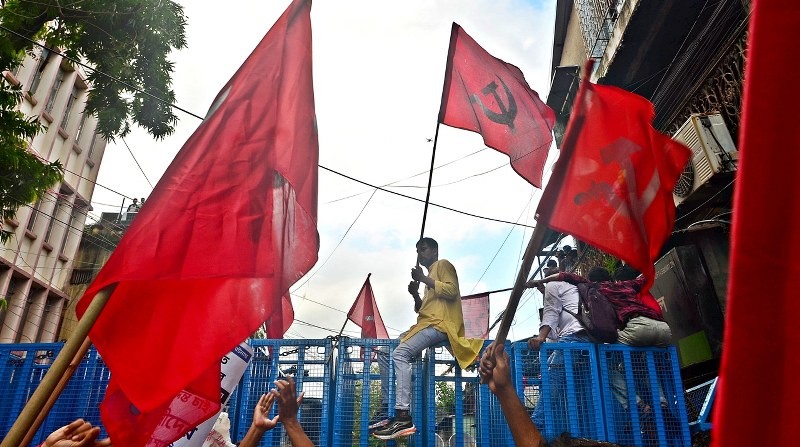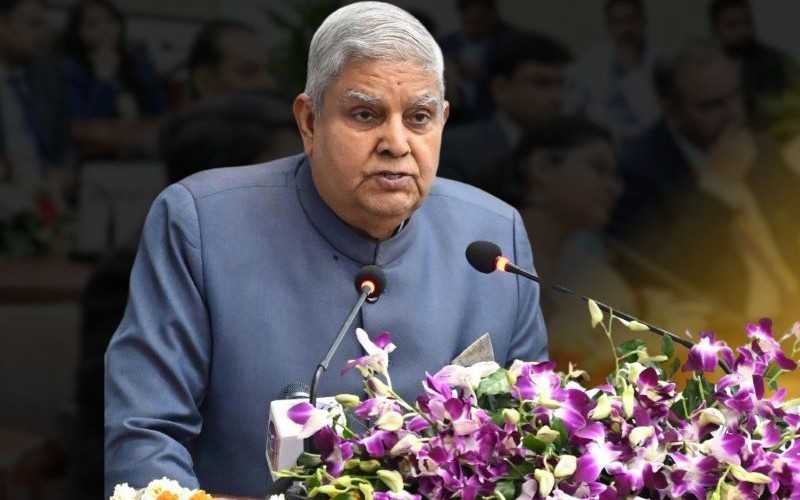What multinational departures reveal about Pakistan’s deeper woes

Pakistan is at a crossroads, but not one of hopeful promise—rather, one of foreboding decline.
The nation is witnessing a dramatic exodus of multinational corporations (MNCs), a phenomenon that should set off alarm bells for anyone concerned about the country’s economic future.
This flight is not just a matter of business; it is a stark indictment of Pakistan’s increasingly inhospitable environment for global investment.
The reasons behind this mass departure are complex but ultimately boil down to one critical issue: Pakistan’s regulatory instability, compounded by political turmoil and economic mismanagement.
One of the most glaring examples of this troubling trend is the recent exit of TotalEnergies, a giant in the global energy sector. The company sold its 50 percent stake in Total PARCO Pakistan—a major player in the country’s fuel retail market—to the Swiss commodity trader Gunvor Group. This was not merely a business decision; it was a clear signal that Pakistan is no longer seen as a viable investment destination, even for a company as robust and diversified as TotalEnergies.
TotalEnergies is not alone in its departure. Over the past few years, several other multinational corporations have either scaled back their operations or left Pakistan entirely. These exits are not just unfortunate coincidences; they are symptomatic of deeper, systemic issues that make Pakistan a minefield for foreign investors. The complexity and opacity of Pakistan’s regulatory landscape, characterized by bureaucratic hurdles and painfully slow approval processes, have made it nearly impossible for MNCs to operate efficiently. What should be straightforward business decisions are mired in red tape, forcing companies to rethink their presence in the country.
Ikram ul Haq, a lawyer specializing in economics and taxation, encapsulated the gravity of the situation when he commented to Nikkei Asia, “The negative rating of the country and uncertain future is even forcing the local investors to move outside and with the exit of reputed MNCs, there is now little hope for any breakthrough on the FDI front.” This statement should not be taken lightly. When local investors—those who have the most to gain from a stable and prosperous Pakistan—are themselves seeking opportunities abroad, it paints a bleak picture of the nation’s economic prospects.
The ramifications of this exodus are profound. Foreign Direct Investment (FDI), which has historically played a crucial role in Pakistan’s economic development, is drying up. With each departing multinational, the country loses not just capital but also the expertise, technology, and global market access that these corporations bring with them. The loss of such resources is devastating for a nation already struggling with slow economic growth, high unemployment, and mounting debt.
Moreover, the departure of MNCs sends a dangerous message to the international business community: Pakistan is not open for business. In a globalized world where capital flows to the most favorable environments, this is a message Pakistan can ill afford to send. The consequences will not only be felt in boardrooms but also in the homes of everyday Pakistanis, who will bear the brunt of reduced economic opportunities and declining living standards.
Pakistan stands at the precipice of an economic crisis that, if not addressed urgently, could lead to long-term damage. To reverse this trend, the government must undertake sweeping reforms to stabilize the regulatory environment, streamline bureaucratic processes, and restore investor confidence. Political leaders must also recognize that economic stability cannot be achieved without political stability; the two are inextricably linked.
Time is running out. The continued departure of multinational corporations is not just a sign of trouble—it is a call to action. If Pakistan fails to heed this warning, the country risks further isolation from the global economy, with devastating consequences for its future. The government must act now, before it is too late, to ensure that Pakistan does not become a pariah state for international business but rather a beacon of opportunity and growth.
(Image and text courtesy: Khalsavox.com)





